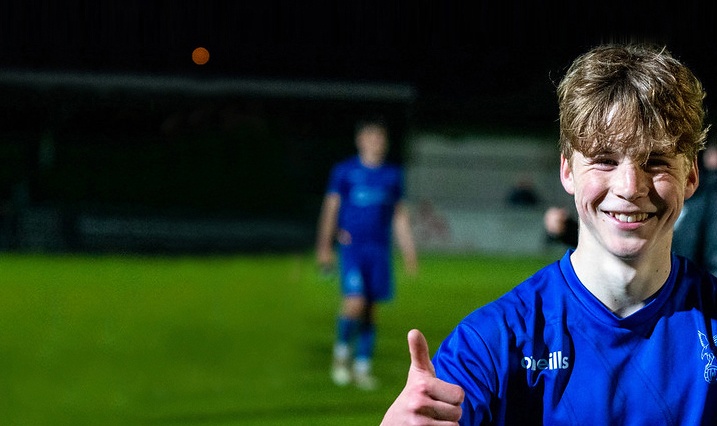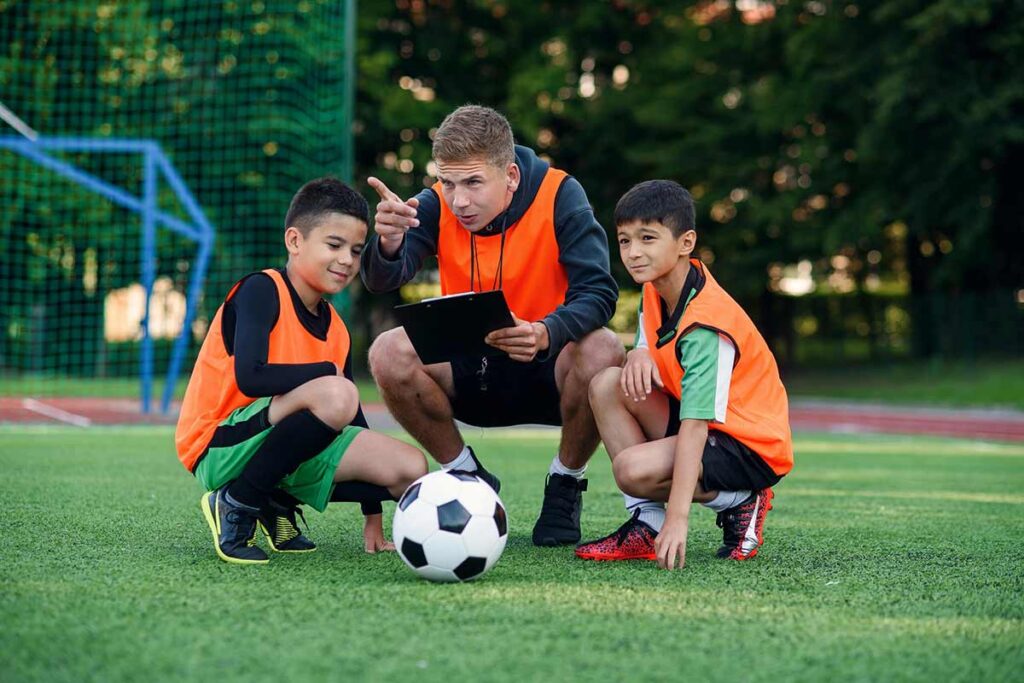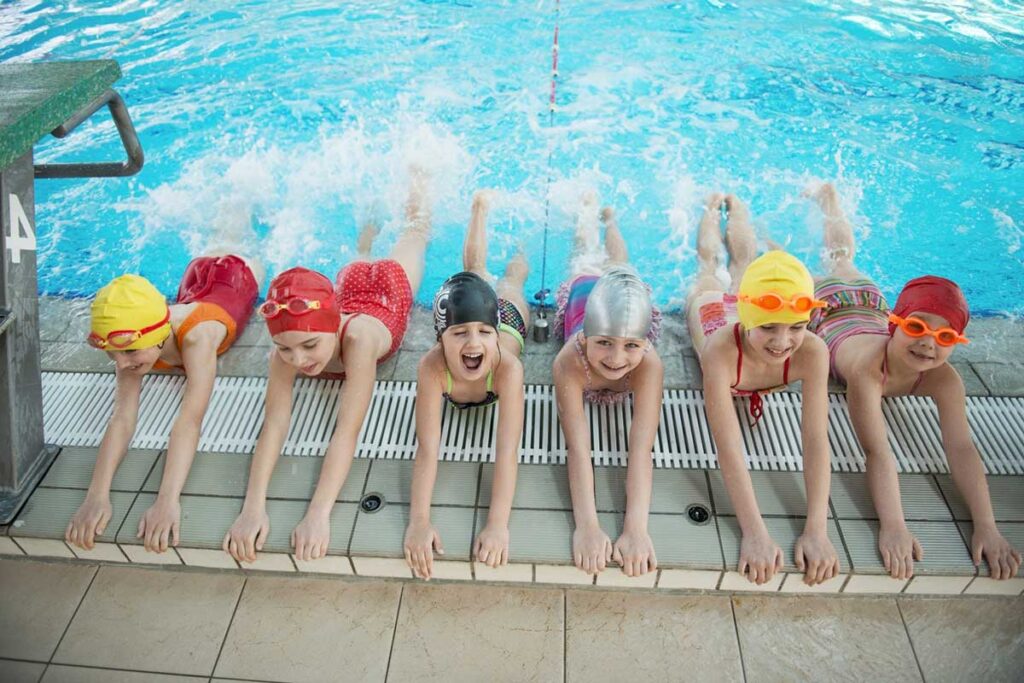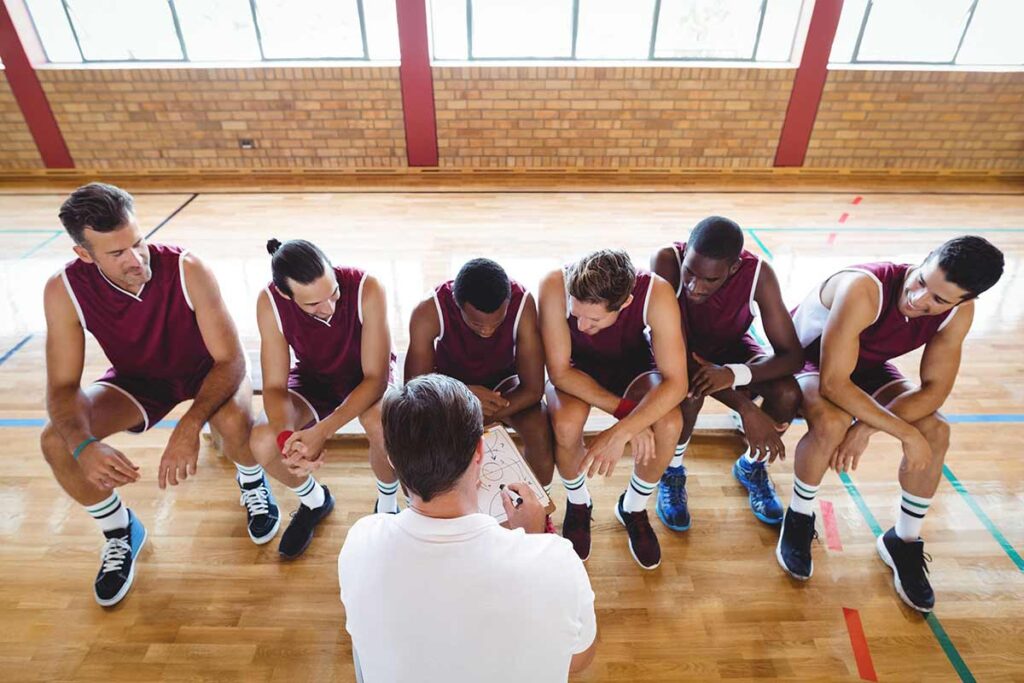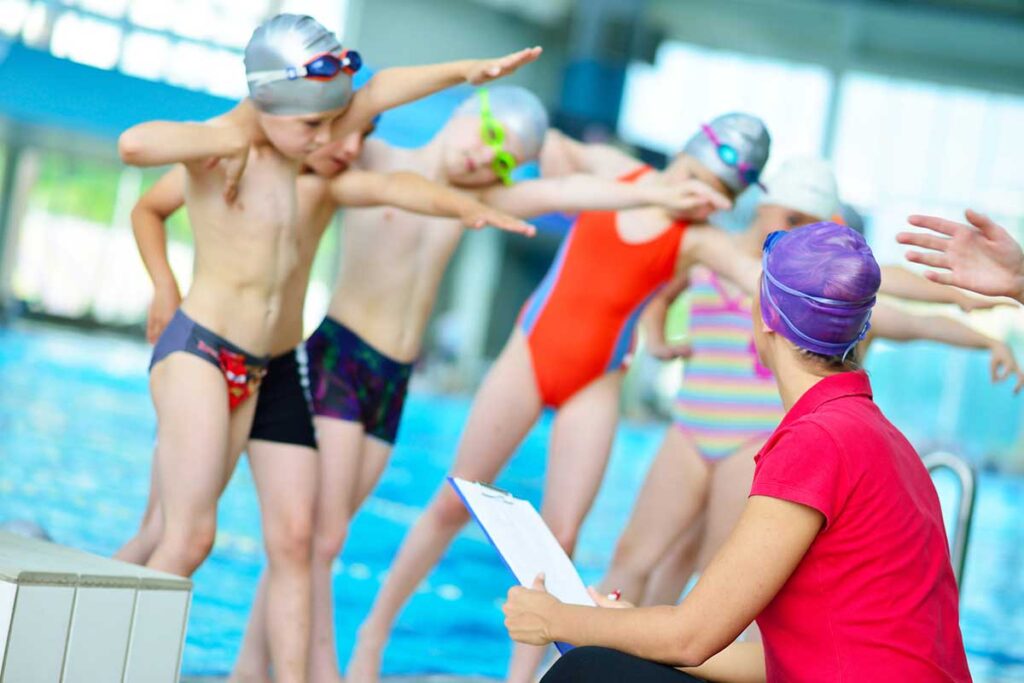As a coach or a parent, it’s crucial to teach children how to approach winning and losing with a positive mindset.
In this article, we’ll provide tips on how to help kids develop a well-rounded approach to the ups and downs of competition. From understanding the importance of success and failure to strategies for gracefully accepting defeat, this guide will equip you to instil healthy attitudes towards winning and losing in the children you coach.
Why it’s important to learn about success and failure
Success and failure are two sides of the same coin, and both can be used to build confidence when approached in the right way. It’s essential for kids to have the tools to treat any mistakes or failures as a natural and even necessary step towards success.
Even the best kids will have to deal with failure at some point in their lives. If you coach them to believe that losing is an opportunity to help improve their performance rather than the end of the world, then it can become a building block in their growth as a player, rather than a sledgehammer to their confidence.
Help kids deal with losing
Losing can be tough for kids, but here are some ways parents and coaches can help kids deal with losing in a positive manner:
- Encourage effort over results – Emphasise the effort that the child has put in during practice and games, rather than solely on the final score
- Put a focus on learning – Shift the goal to weekly improvement instead of winning, teaching them to focus on the long game
- Keep things in perspective – Help children understand that losing a game or match is not the end of the world, and there will be other opportunities in the future. Make being part of the team the prize
- Teach them to accept defeat gracefully – Encourage children to congratulate the winners and remain dignified in defeat. Good sportsmanship is always greatly admired and respected, so make sure your team knows that is something you expect
- Don’t be overly critical – Instead of pointing out mistakes, provide constructive feedback by highlighting their successes, and asking them what they could do better next time
- Help them see the bigger picture – Discuss the skills they’ve developed through sports, such as teamwork, perseverance, and discipline
- Focus on the process, not just the outcome -Teach children to enjoy the sport itself, not just winning. Encourage a supportive team spirit so they can offer each other support when they face defeat or make a crucial mistake in a match
Remember that results aren’t a reflection of your ability as a coach
As a coach, it’s crucial to remember that results don’t reflect your ability. When you face defeat, model the behaviour you expect from your team by staying positive and encouraging. Don’t take it as a personal failure but focus on getting the best out of your players, ensuring they have fun and a positive experience when they lose. Prioritise teaching good sportsmanship, teamwork, and creating a supportive and positive environment.
Understand your own values and beliefs
To be an effective coach, it’s essential to understand your own values and beliefs. Keep your motivation centred around creating a happy, healthy team, not just winning. Convey your passion for the game to the kids, and celebrate their progress and achievements.
Remember that your words have the power to uplift or hurt, so choose them wisely. While even the best coaches get frustrated from time to time, consistent values and beliefs will leave a positive impact on your players. When kids know that they’re your priority, not just the outcome of the game, they’ll remember you for years to come.
Encourage healthy competition
Encouraging healthy competition is important for motivating your players and inspiring them to work hard. However, it’s crucial to focus on learning and improving rather than winning at all costs. While measurable success and improvement are valuable life lessons, consistently comparing children or singling out the same child to demonstrate skills can be discouraging and harmful.
This can lead to a mindset of feeling not good enough and ultimately cause frustration and a desire to give up. Instead, value and celebrate each child’s progress and improvements while encouraging their competitive spirit in a positive and supportive way.
Kids imitate adults
Children are highly influenced by the behaviour of adults around them. Therefore, it’s critical for coaches and parents to model positive behaviour, especially in the face of defeat. If children witness adults shouting at referees and losing their temper, they are more likely to imitate this behaviour.
On the other hand, if children see adults displaying good sportsmanship and respect towards other coaches and players, they’ll be more inclined to follow suit, resulting in a sense of pride and dignity.
Define what winning means to you
To effectively define what winning means, parents and coaches should communicate their definitions clearly to children. Winning shouldn’t be solely focused on the final score but should include factors like teamwork, effort, and attitude.
Celebrate small successes, such as a child mastering a difficult skill, to counteract disappointment and encourage continued effort. As a coach, it’s important to protect your team from unjustified criticism and promote positivity. Encourage open discussion about their performance, address any negative misconceptions, and build their confidence. While addressing weaknesses in the team, emphasise collaboration and work towards supporting each other on the field.
Winning with dignity and respect
Teach children that winning with dignity and respect is crucial, even more than the final result. Winning shouldn’t be an excuse to disrespect opponents or celebrate excessively. A team’s reputation can suffer within their league for bad behaviour on the pitch, which will not aid in their personal development.
Instead, aim to create a team that’s well-respected and admired for its discipline, commitment, and team spirit, even in the face of defeat. It takes time to develop such maturity, but it’s always noticed and spills into other aspects of life.
Encourage a growth mindset
Encouraging a growth mindset is crucial for coaches to inspire their teams. They can achieve this by focusing on the process over the outcome, praising effort over natural talent, and motivating the team to embrace challenges and failure as opportunities for growth. Some children may have natural talent but lack the grit and perseverance needed to succeed.
Meanwhile, others who may not be as naturally talented can strive to become the best they can be through their dedication and passion. Emphasising the importance of hard work and support in a positive environment can help develop a growth mindset among team members, leading to higher motivation, resilience, and success on and off the field.
Teach them to be resilient
Resilience can be hard to develop, but sport is the perfect medium to do it. Whether someone is injured, sent off, or consistently making silly mistakes during matches, it’s important to stay focused on the long game and not focus on the immediate moment. When someone’s injured, encourage them to still come along to matches to support their friends. This’ll make them feel like they’re still part of the team and will be appreciated by their teammates. That appreciation will help the child stay positive while they can’t play and will mean their teammates will celebrate their eventual return.
If someone’s going through a bad patch and is stuck in their head, find ways of helping them break out of that cycle. Most success in sports comes from being in the right place mentally as well as physically. This is why equipping your team with the tools they need to keep going when they want to give up is so important.
To wrap up, teaching children a positive mindset towards winning and losing is crucial for their growth and development in sports. As parents and coaches, it’s important to instil good sportsmanship, teamwork, and a balanced approach to results. By focusing on learning, improvement, and winning with respect and dignity, children will have the tools necessary to handle both success and failure in all areas of life.
–
For more conversations like this, join our LoveFootball community.





